Governors State University, through its HOUSE Task Force, is committed to providing housing and support to students experiencing housing insecurity.
Overview
In 2022, the state of Illinois implemented the Higher Education Housing and Opportunities Act to assist and support students experiencing homelessness and students in care. To assist and support students facing homelessness and students in care, and in compliance with IL Public Act 102-0083, Governors State University has created a HOUSE
(Housing and Opportunities that are Useful for Students’ Excellence) Task Force, as well as appointed a HOUSE liaison to support enrolled students experiencing homelessness, and students in care. Enrolled students may qualify for consideration as homeless or as a student in care if they meet the criteria outlined below.
Homeless and At-Risk Students
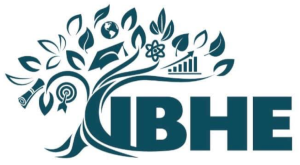
The Counseling and Wellness Center and the Office of Dean of Students spearhead the effort to address student housing insecurity by providing assistance to students facing housing instability.
/Career_Services_Inside_Pages/Homeless Student Tile.png)
Definitions as defined by this act:
Identifying Students Experiencing Homelessness:
- An individual enrolled in an institution who lacks or is at imminent risk of lacking a fixed, regular, and adequate nighttime residence [ i.e. currently living temporarily with others, in a shelter, hotel/motel, car, park, abandoned building, public spaces, train or bus station, or a similar setting] or whose parent or legal guardian is unable or unwilling to provide shelter and care and includes a homeless individual as defined under the federal McKinney-Vento Homeless Assistance Act. For the purposes of this definition, the term "fixed, regular, and adequate nighttime residence" does not include residence in an institution of higher education's on-campus housing.
Student in care:
- Any person, regardless of age, who is or was under the care and legal custody of the Department of Children and Family Services, including youth for whom the Department has court-ordered legal responsibility, youth who aged out of care at age 18 or older, or youth formerly under care who have been adopted and were the subject of an adoption assistance agreement or who have been placed in private guardianship and were the subject of a subsidized guardianship agreement.
Students Experiencing Homelessness or Housing Insecurity
If you are experiencing homelessness, housing insecurity or basic needs insecurity, the Counseling and Wellness team is here to connect you with support and resources. Please fill out the Student Self-Referral Form for Housing and Basic Needs Support. Your information will be kept confidential.
Assistance During Academic Breaks
If you reside in Prairie Place residential housing and have youth-in-care experience or are experiencing homelessness and need to remain in housing during academic breaks, please contact the Counseling and Wellness Center for assistance.
Email: counselingandwellness@govst.edu
Office Hours: Monday - Friday from 8:30 a.m. – 5 p.m.
If this is an emergency, please call the GovState Department of Public Safety at 708-534-4900 or local police at 911.
Refer Students Experiencing Homelessness or Housing Insecurity
If you are aware of a student who may be experiencing homelessness, housing insecurity, or basic needs challenges, please complete the Student Referral Form for Housing and Basic Needs Support. Your referral will help connect them with essential resources through the Counseling and Wellness Center’s GSU4U program and HOUSE Task Force.
Resources
Campus HOUSE Task Force
The HOUSE Task Force, consisting of the HOUSE Liaison, Interim Director of the Counseling and Wellness Center, Social Worker, Prevention and Outreach Coordinator, Operations Specialist, Director, Auxiliary Services & University Housing, and the Financial Aid Coordinator, works together to provide comprehensive support to students who are experiencing homelessness or at risk of homelessness
Their goal is to assist students in finding alternative housing options, assess needs, and provide additional support services. To address the multifaceted needs of enrolled students facing homelessness, the wraparound services for students facing homelessness, basic needs insecurity, and students in care/alternative care centers on holistic support to help them as they face challenges/barriers to academic success.
The HOUSE Task Force

Vacant
Prevention and Outreach Coordinator
If you are experiencing homelessness, or at risk of homelessness, contact the HOUSE Liaison:
Jeremy Kingery
HOUSE Liaison
Phone: 708.235.7514
Email: jkingery@govst.edu
If you are experiencing basic needs insecurities, contact the Social Worker:
Angela Johnson
Social Worker
Phone: 708.534.4083
Email: ajohnson-armstrong@govst.edu
Statistics on Housing & Food Insecurity
During 2023, it is estimated that about 3.5 million young adults aged 18 to 25 and 700,000 youth aged 13 to 17 experienced some form of homelessness throughout the year. This includes various situations like staying in shelters, on the streets, or couch surfing (Annie E. Casey Foundation). Factors contributing to youth homelessness include family conflict, economic hardship, racial disparities, and mental health issues. Youth who have been involved with the foster care or juvenile justice systems are particularly vulnerable. (National Alliance to End Homelessness) (NCSL).
Also, In 2023, approximately 29% of young adults experiencing homelessness were enrolled in college or another educational program. This finding comes from a study conducted by Chapin Hall at the University of Chicago, which highlights the significant challenges faced by homeless youth in pursuing higher education. These challenges include weak academic foundations, limited family support, and difficulties in accessing financial resources (Schoolhouse Connection) (National Alliance to End Homelessness). These issues inspired what became SB190 (Public Act 102- 0083) – Higher Education Housing and Opportunities Act which was spearheaded by Sen. Glowiak-Hilton and Rep. West.
GovState also participated in the Hope Center Real College Survey which closed on October 30, 2020. Invitations to complete the questionnaire were sent by email to 4,627 GovState students and 617 participated. Results show that:
- 62% of students experienced at least one form of basic needs insecurity.
- 39% experienced food insecurity within the past 30 days.
- 56% experienced housing insecurity within the past year.
- 11% experienced homelessness within the past year.
Data Visualization
Basic Needs Insecurity
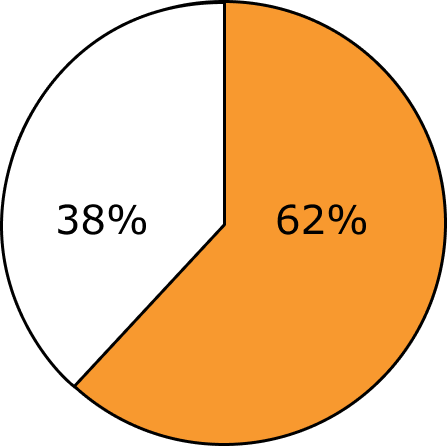
Food Insecurity
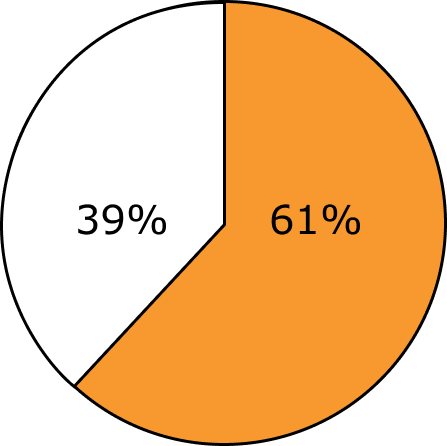
Housing Insecurity
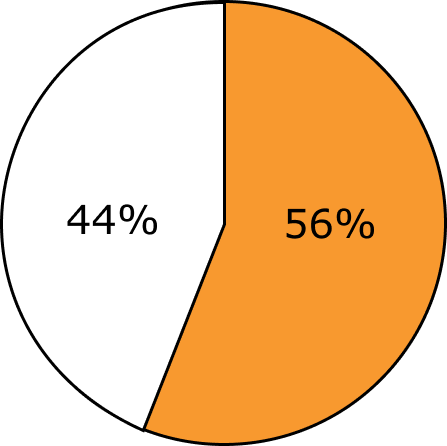
Homelessness
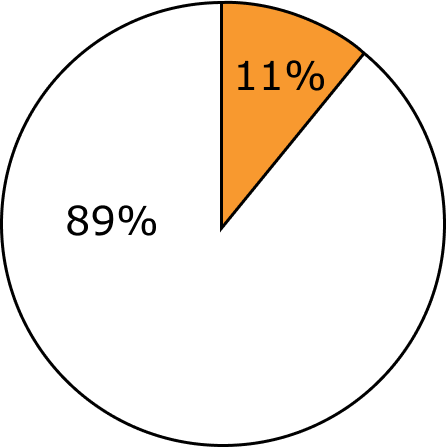
| Basic Needs Insecurity | Food Insecurity | Housing Insecurity | Homelessness |
|---|
| 62% | 39% | 56% | 11% |
In need of counseling or experiencing a crisis? Make an appointment with the CWC. In addition, if experiencing thoughts of suicide and need support now, please visit the 988 Suicide & Crisis Lifeline and chat with someone online. You can also dial or text 988 from your mobile phone to speak to a live person.
Everything You Need to Know About 988